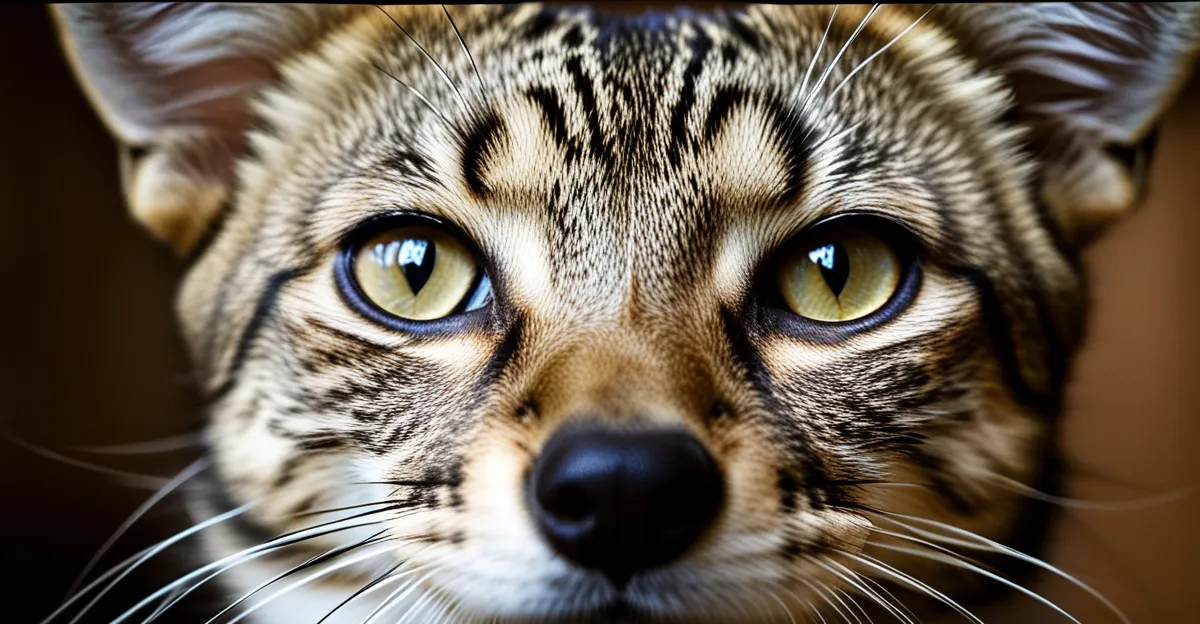Latest Developments in Unique UK Pet Trends
Pet ownership in the UK is evolving rapidly, driven by distinctive preferences and innovative services. Current pet trends UK reveal a marked increase in demand for unique pets and tailored care options, reflecting a broader shift in how people connect with their animal companions.
Recent statistics show a surge in the adoption of exotic pets UK, such as reptiles and amphibians, which challenges traditional pet norms and brings fresh considerations for owners. This shift is not only about ownership but also the services aligned with these distinctive pet trends, including specialized diets, habitat setups, and veterinary care.
Also read : What are the essential supplies for new pet owners in the UK?
Experts in the field note that this change reflects a growing desire for personalization and ethical awareness. Consumers increasingly seek pet services that cater specifically to animal welfare and lifestyle compatibility. The rise of bespoke pet care services complements these trends, highlighting how UK pet trends now intertwine with broader societal values around sustainability, technology, and well-being. Understanding these developments offers valuable insights for prospective pet owners looking to engage with the latest movements shaping pet lifestyles across the UK.
Rise in Exotic and Unusual Pet Ownership
The surge in exotic pets UK marks a pivotal shift within contemporary pet ownership trends. Recent data reveals a growing preference for reptiles, amphibians, and other non-traditional companions, illustrating distinctive pet trends reshaping UK households. This rise poses unique challenges, especially concerning regulatory compliance and animal welfare standards. Owners must navigate strict licensing and habitat requirements to ensure proper care tailored for these species.
Also to discover : How Can We Ensure the Well-being of Our Pets in Urban UK Environments?
In terms of welfare, reptiles and amphibians demand specific temperature, humidity, and dietary conditions. Failure to meet these can lead to compromised health. For example, the increased adoption of bearded dragons and poison dart frogs highlights the need for expert guidance on their long-term care. Experts emphasize that successful exotic pet ownership hinges on thorough research and commitment to species-specific needs.
UK pet owners often report the rewarding experience of caring for these unique pets, despite the higher maintenance compared to traditional animals. Their growing popularity demonstrates an expansion of pet ownership trends, reflecting changing consumer attitudes about companionship and animal diversity. This evolution in pet choice is paralleled by a rise in specialized veterinary services and bespoke enclosures, underscoring the significance of adapting pet care to new trends and responsible stewardship.











